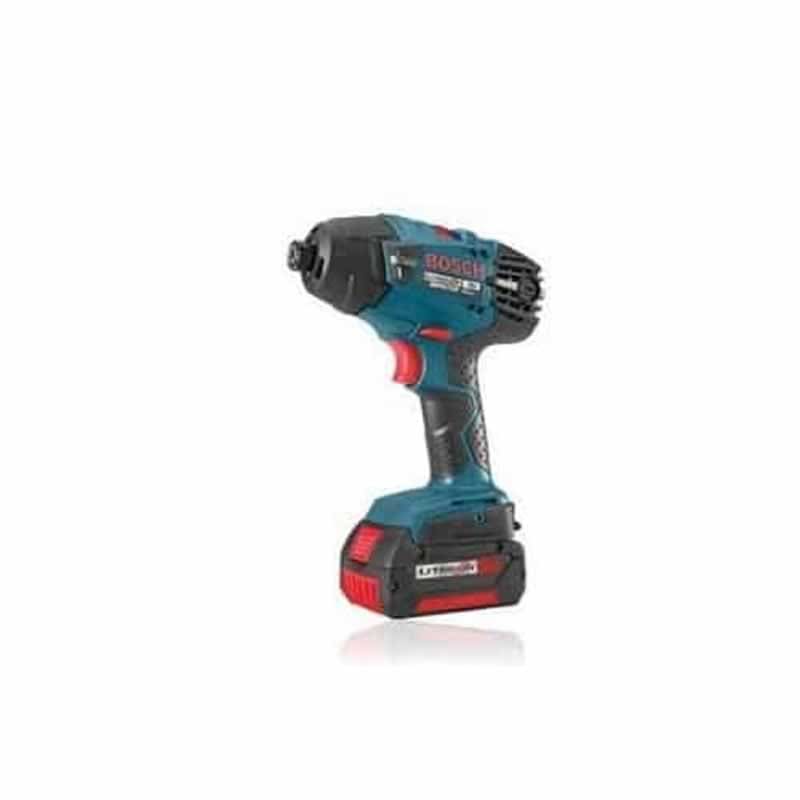Are you working outdoors this winter? If so, keeping warm in plummeting temperatures is essential. Here we’ll explore how you can keep warm and safe with these simple tips. Sunglasses! Sunglasses? In Winter? Yes! It’s easy to think that once the cooler weather hits we can retire our sunglasses for another year, however, that’s just not the case. If you’re someone who is working outside this winter, you’ll be faced with the blinding glare of the low winter sun and the intense power of UV rays which can damage your eyes. The best way to look after your eyes whilst working outdoors is by investing in a pair of high-quality sunglasses. You can order a new pair of sunglasses, here.

Prescription sunglasses mean you’ll be able to work outdoors effectively, without having to squint or potentially damage your vision. You’ll find a wide range of styles available online, including polarized and transition lenses, which can help enhance your vision when it’s particularly bright, allowing you to work efficiently and safely.
Protect your hands
The type of work you’re doing will determine what kind of protection your hands will need. Perhaps you’re at risk of cuts or punctures? Whatever protection you require, don’t forget to shield your hands from the cold. Water-resistant gloves that come with high levels of tear and cut resistance are ideal. Gloves that also provide warmth, dexterity, durability and grip even in wet conditions will keep you working in comfort and protection no matter what the weather throws at you.
Fuel
Working in cold conditions means you’re burning more calories than usual, so consuming your calories throughout the day – rather than in 3 set meals – will be better for your energy levels and your stamina. Consider including some high-protein snacks in your breaks by introducing some nuts, seeds, protein bars, or even soups and oatmeal. Your body will be working harder to maintain your temperature, so give it a helping hand! You should also remember to keep yourself hydrated. The urge to drink isn’t as strong during the colder months of the year, however, it’s still important to keep your fluid levels high to maintain brain function.
Layer up
Wearing layers is of course essential. However, they shouldn’t be too constricting, as you’ll need to be able to trap warm air between your layers. Choose materials that stay warm even when wet, such as wool. However, materials such as cotton and fleece should be avoided as they absorb heat from the body when wet, leaving you cold and miserable!

Take regular breaks
If you’re working outside for long periods, it’s recommended that you take regular breaks in a warm, sheltered area. This will allow your body to warm up again and give you a chance to rest, grab a hot drink and fuel up.
And finally, know the symptoms of hypothermia
It’s an extreme scenario, but if you’re someone who’s spending time working outdoors for extended periods you need to be mindful of the effects and the symptoms of hypothermia. Shivering, fatigue, a loss of concentration, confusion and disorientation are the first signs of a dangerously low body temperature. If you’re working with others, buddy up and monitor each other closely.






